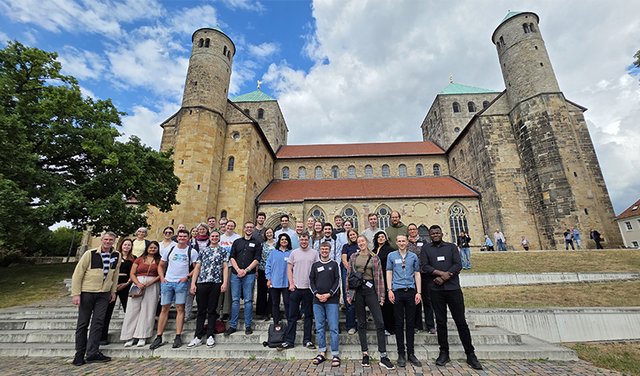Save the Date: Our Next Meeting
Please save the date for a workshop meeting organized on behalf of the Section Plant Natural Products and our Section Applied Botany, both from of the German Society for Plant Sciences, from 22 - 25 August 2027 in Hildesheim, Germany. We are organizing this meeting, because we have learned in recent years that this is a perfect format to bring together graduate students and early postdocs in the field of plant secondary metabolism, biochemical ecology and applied botany for scientific exchange, collaboration, discussion, and networking in an informal atmosphere. The meeting is open to all early career scientists (ECRs). A membership in the DBG or in one of our Sections is not a requirement for participation (but new members are always very welcome!). The maximum number of participants is 50. Detailed information will be provided in spring 2027. Stay tuned!



